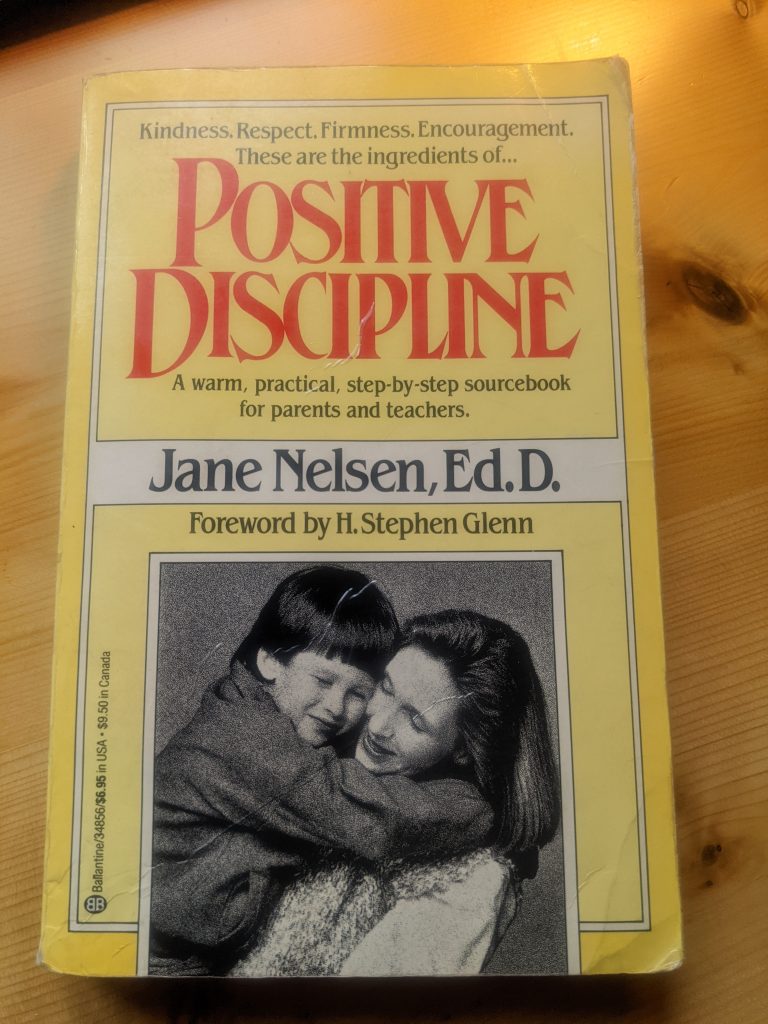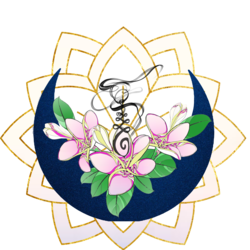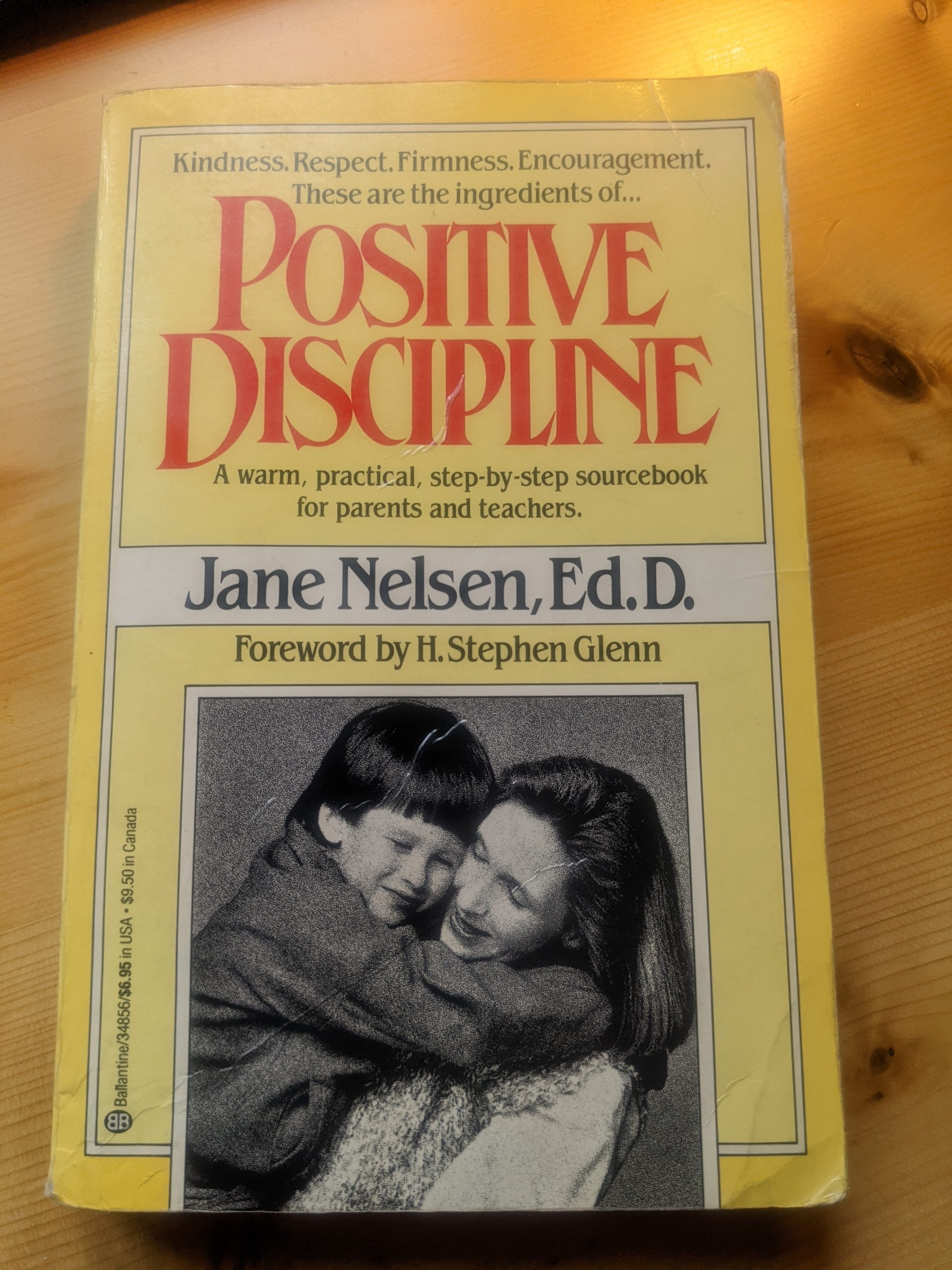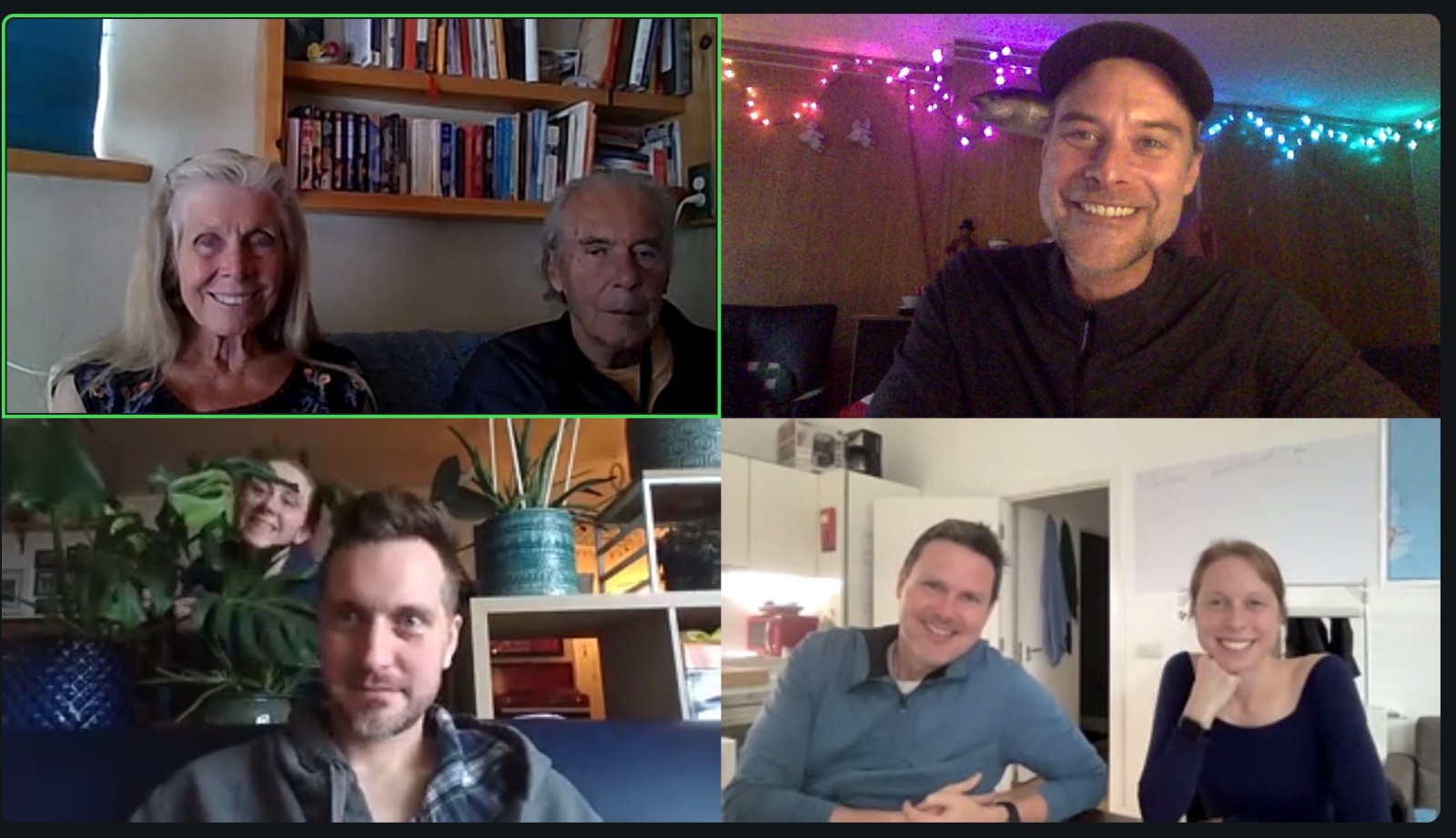
No person IS their disease but a person can feel like that disease they are experiencing erases them. Recognizing this is a good step towards taking action to help someone living with disease to come home to themselves.
When I was a young mother I read a life changing book about parenting; Positive Discipline, by Jane Nelson. The premise of the book was that when a child misbehaved it was because they felt discouraged. Nelson showed all types of responses one could choose with a discouraged child- ones that helped and ones that hurt the child overall.
When diagnosed with an incurable disease many people can become discouraged. I’ve seen times from when I was successful working with discouraged children that correlate to people of any age that live with disease.
One of the most powerful realizations is that you are not what you do.
For a child, separating the deed from the doer frees up the child to change their behavior without diminishing their self esteem or questioning their basic goodness.
With disease it is the same.
No person IS their disease but a person can feel like that disease they are experiencing erases them. Recognizing this is a good step towards taking action to help someone living with disease to come home to themselves.
Another action to take is to keep accomplishments and successes the patient experienced before the disease happened, in daily consciousness. The past is over but can be used creatively to help keep a person struggling with the reality of the present moment to feel whole again.
Memories and photos are a great tool. I sat many hours looking through photo albums with both my grandmothers when they were in their eighties and nineties. I loved seeing their clothing from the 1920s-1940s, when they were young. The photos triggered stories. “That dress was made for me by my mother.” Nana shared. “I felt grown up wearing it because of the fancy neckline. One time I got into a lot of trouble wearing that dress when my sister and I had our high school friends over for a party when our parents were out. They returned early and discovered all of us taking turns swinging on the draperies and were they ever mad. I’m sure we were punished but I only remember that I never wore that dress again without feeling a little bad.”
I listened to many stories that my aging grandmothers shared from their well stocked memory banks. They benefited at the time from tapping into more of the fullness and fun of their lives than they were able to live in their last years. I benefited in being intimately connected to my grandmothers through their stories.
Memories can be bridges- not that take you back- but that hold you together.
With disease and aging, be in the now, but relate to the whole person. What benefit could this awareness give to all of us, with or without disease, and at every age?






Be the first to reply